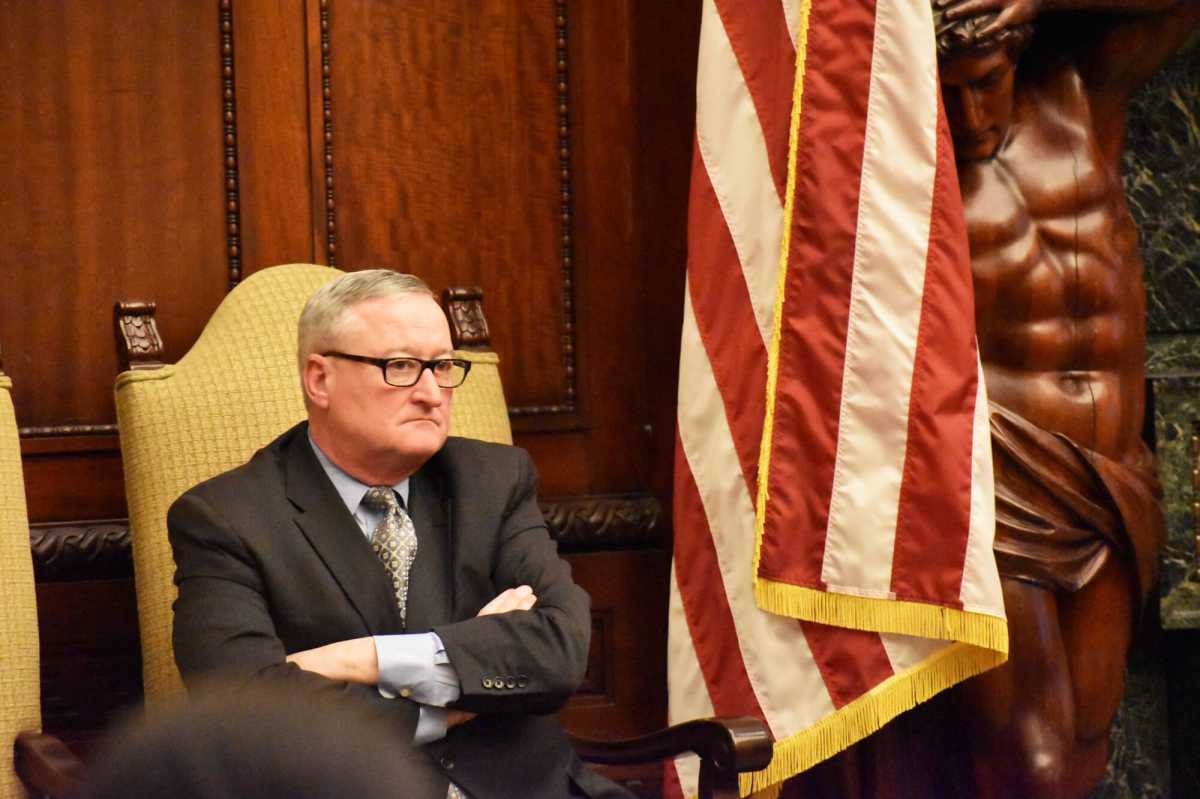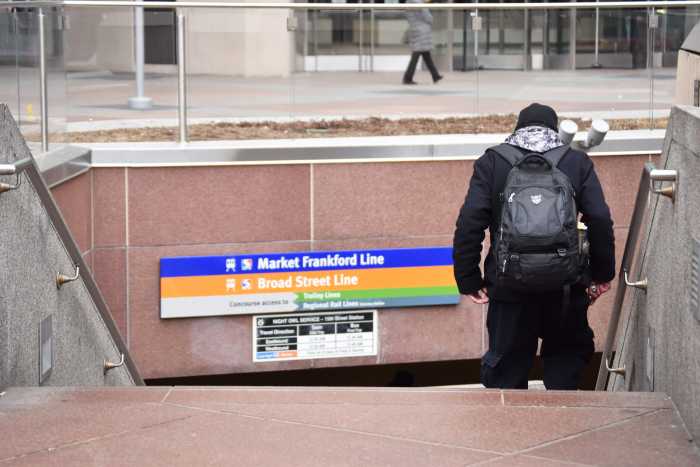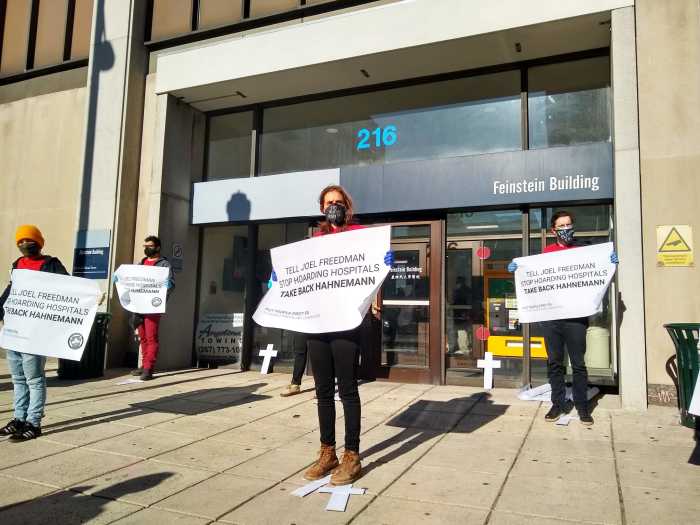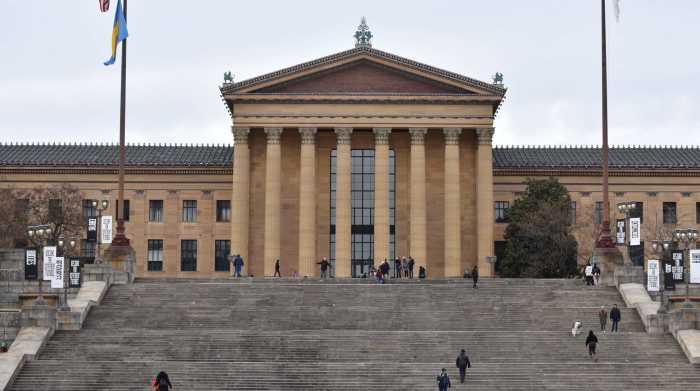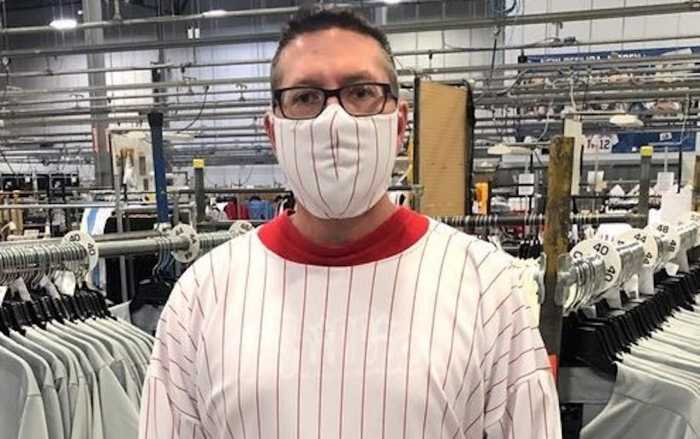Mayor Jim Kenney warned of significant future cutbacks in city services as Philadelphia marked its deadliest day since the start of the COVID-19 virus outbreak.
It was only a month ago that Kenney presented his $5.2 billion budget to City Council, but things have changed. With business activity at a standstill, revenues have been way down, and the city has had to spend millions on combating the coronavirus, officials said.
As a result, Kenney has ordered his administration to draw up a completely new budget and five-year spending plan. He said it will include difficult cuts, “the likes of which have never been seen before.”
“It’s not going to be nice, and people are going to complain, and they (will) expect certain things to be done that are not going to be done,” Kenney said. “When there’s no money, there’s no money.”
“It’s going to be bad for a period of time,” he added. “There’s no choice.”
The mayor noted that the city, unlike the federal government, cannot operate with a budget deficit or print money.
Kenney and Thomas Farley, the city’s health commissioner, participated in their daily press briefing through Zoom for the first time, instead of standing in front of a camera at City Hall.
The biggest new investment of Kenney’s original budget proposal was a scholarship program that would have allowed many students to attend community college tuition-free and receive money for books and other costs.
It also called for a $45 million increase in the city’s contribution to the School District of Philadelphia and $67 million to expand street-sweeping in the coming years.
It’s unclear where those initiatives stand. Kenney did not release details on what would be included in the new plan but said it would be delivered to council by May 1.
Philadelphia’s coronavirus-related death toll is now 65, with 20 additional fatalities reported Tuesday. Farley said 26 people who succumbed to the disease lived in nursing homes, and 66 percent were over the age of 70.
Officials reported 554 new cases in the city, for a total of 4,272 since the beginning of the outbreak.
“I’m hopeful that in the not-too-distant future we will see a plateauing of the number of new cases of the infection,” Farley said. “But the number of people who die from this is going to lag behind that, so the number of deaths will probably continue to rise over the next few days to couple of weeks.”
People who live in a group setting, like a nursing home or jail, are at a higher risk for catching the virus, he said. So far, 58 inmates at Philadelphia jails have tested positive for COVID-19.
Farley said the healthcare system has not been overwhelmed.
About 950 patients infected with the virus are hospitalized in Philadelphia, Bucks, Delaware, Montgomery and Chester counties, according to the Department of Public Health, but beds remain open.



